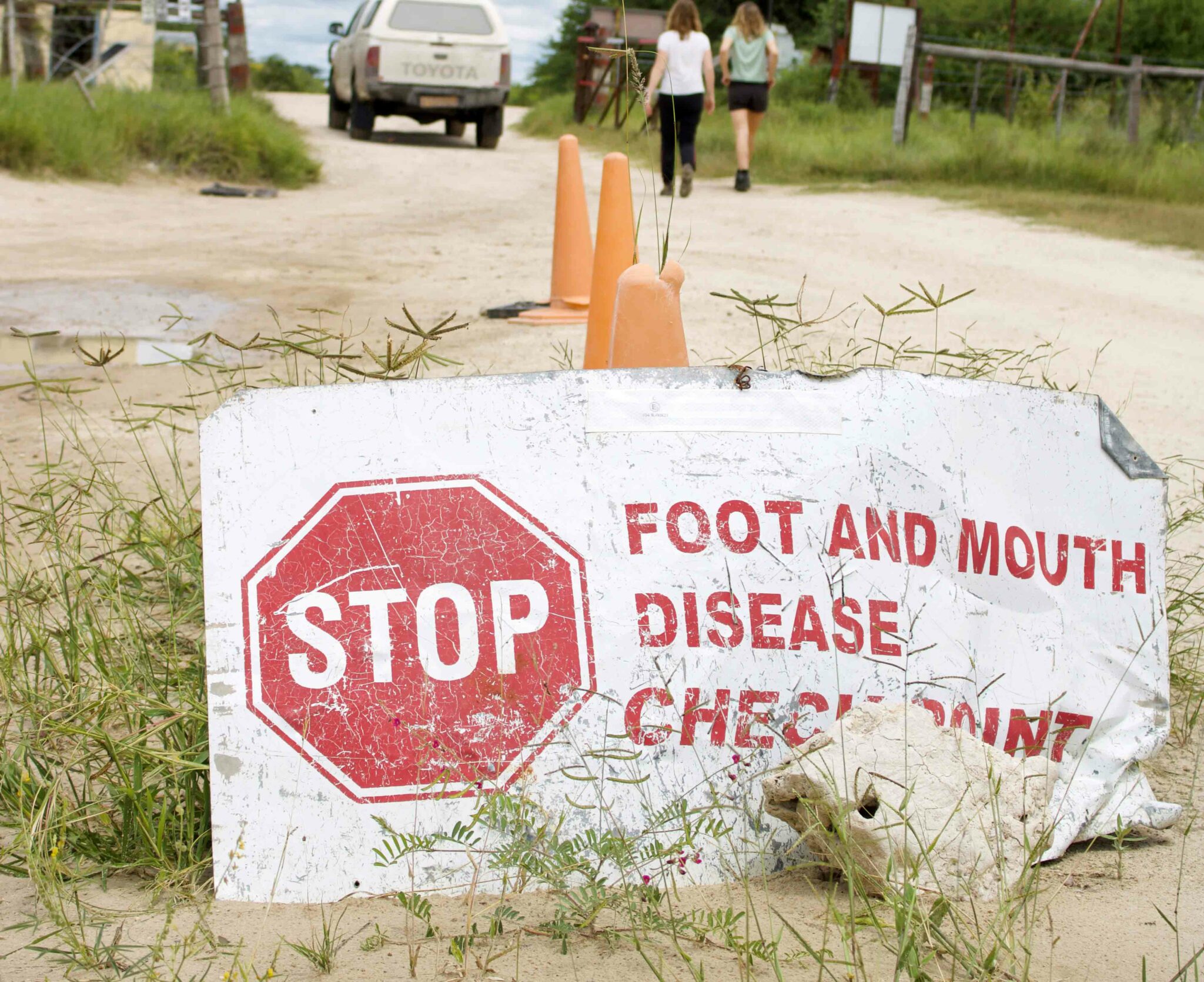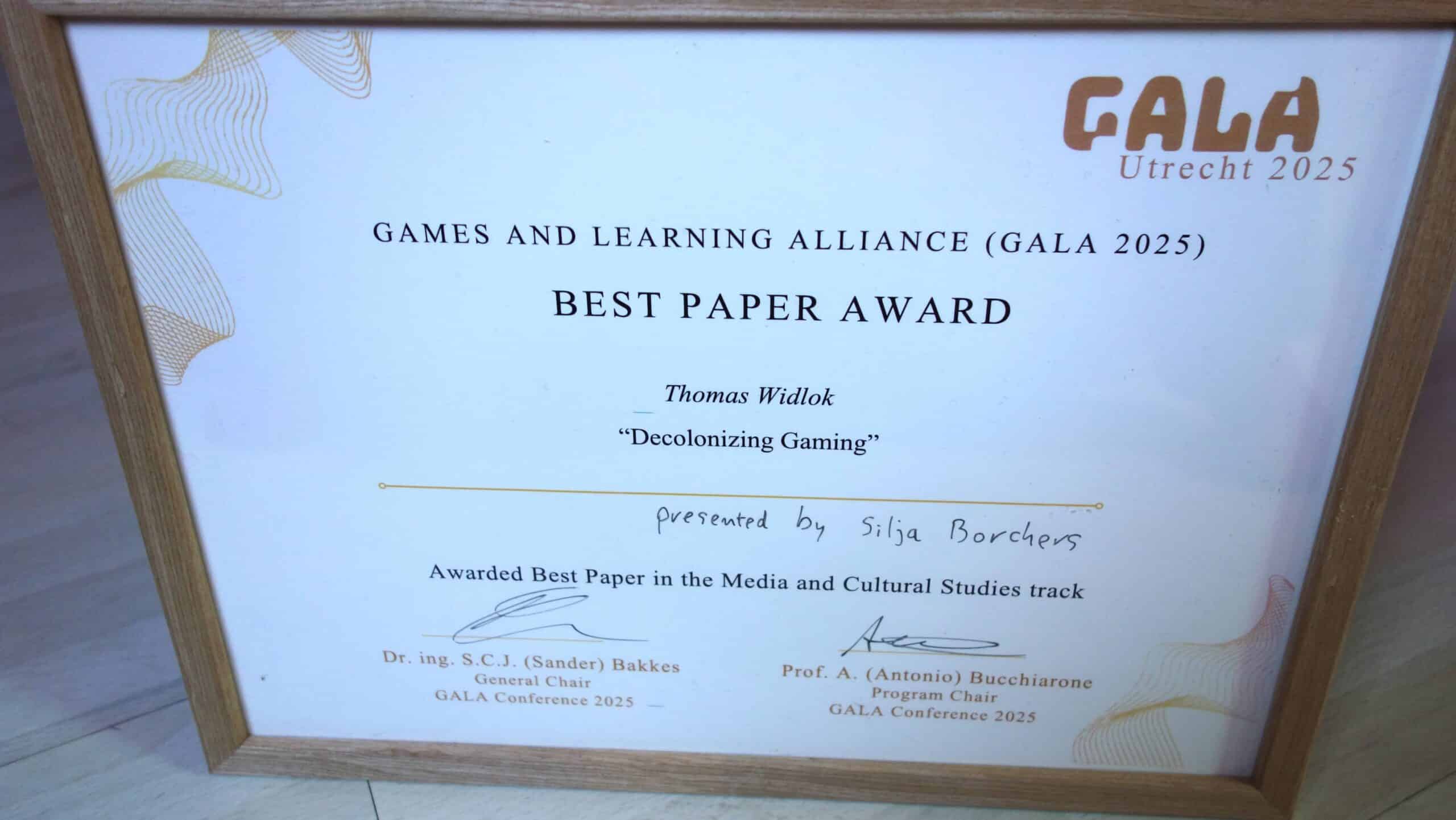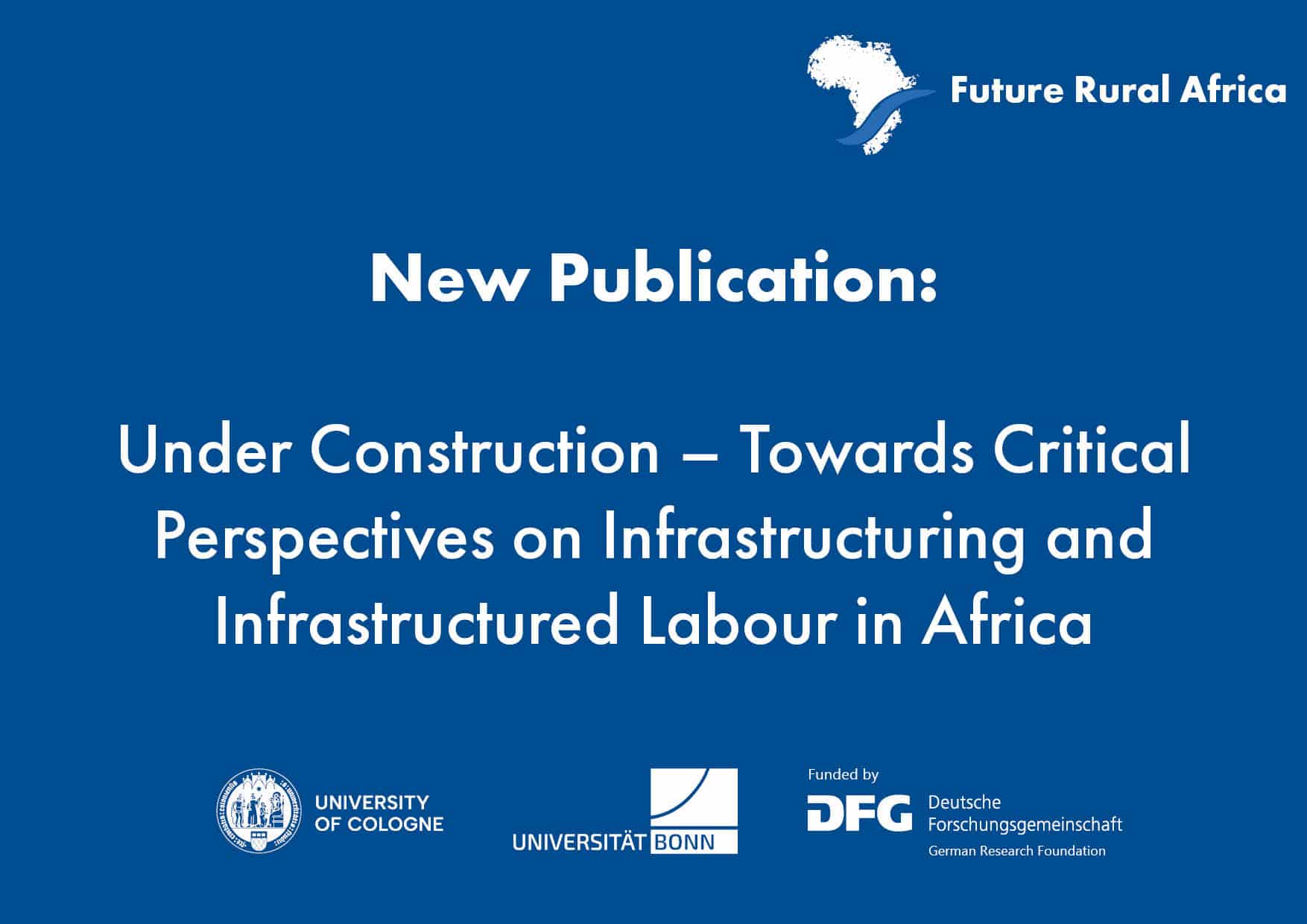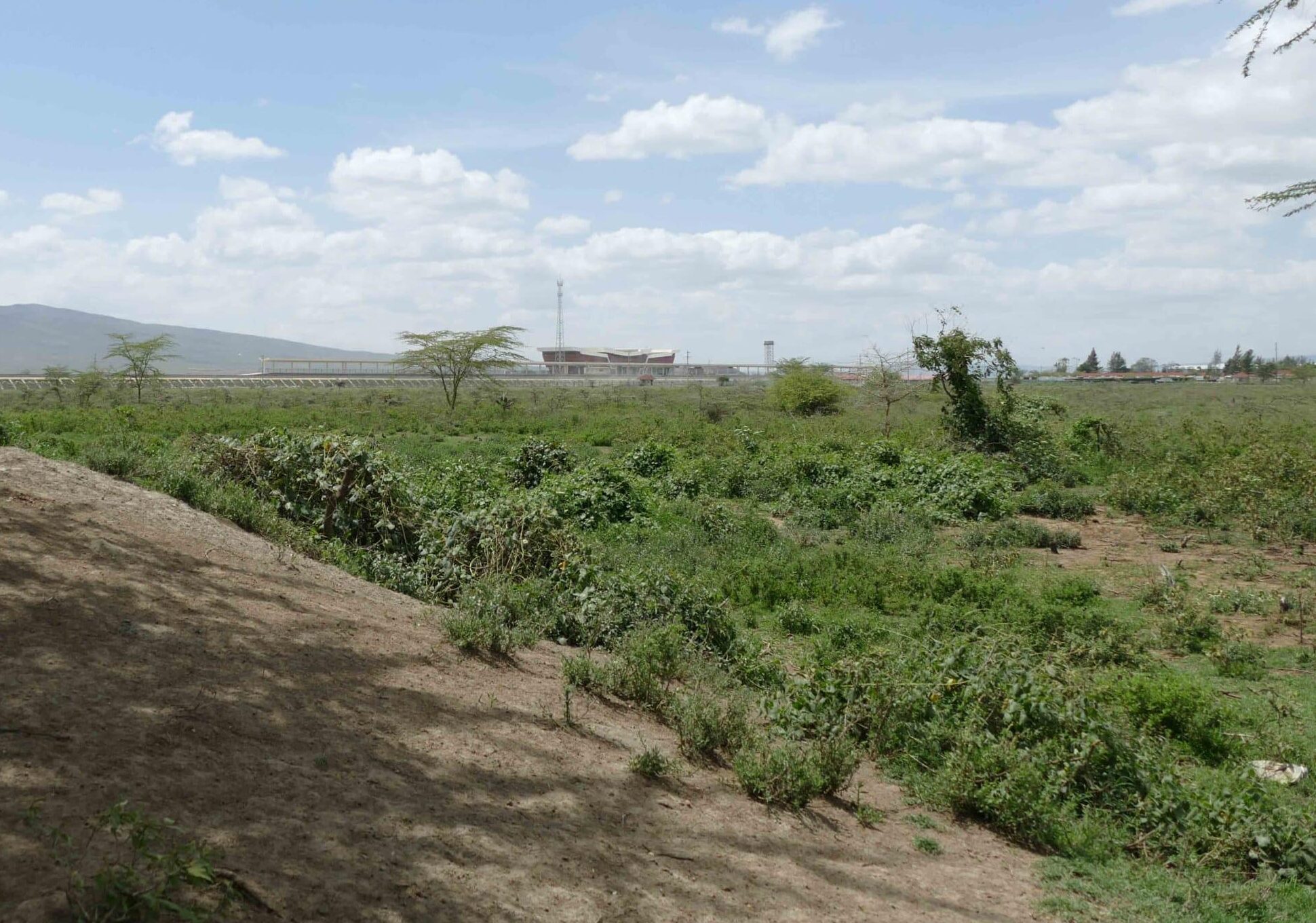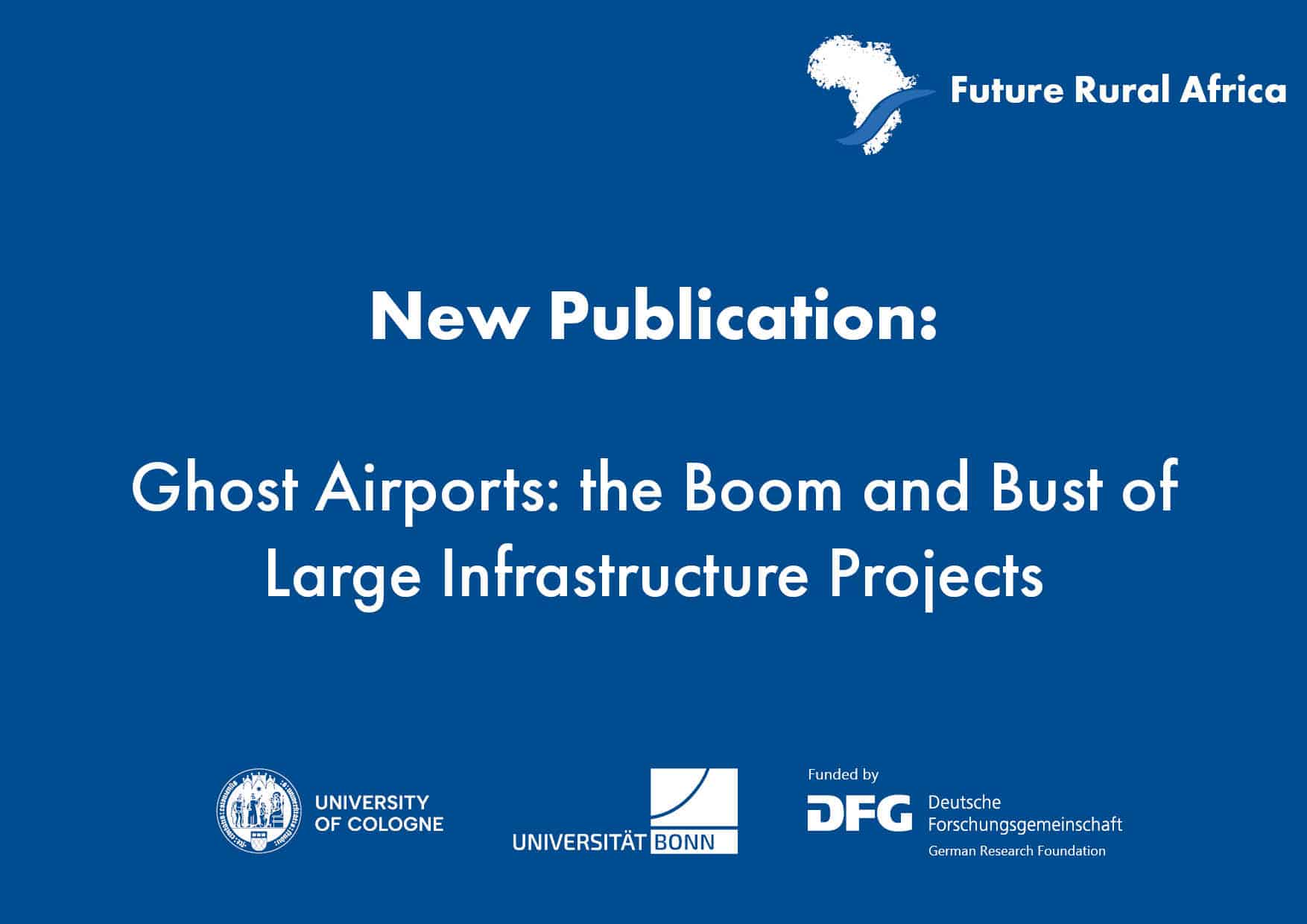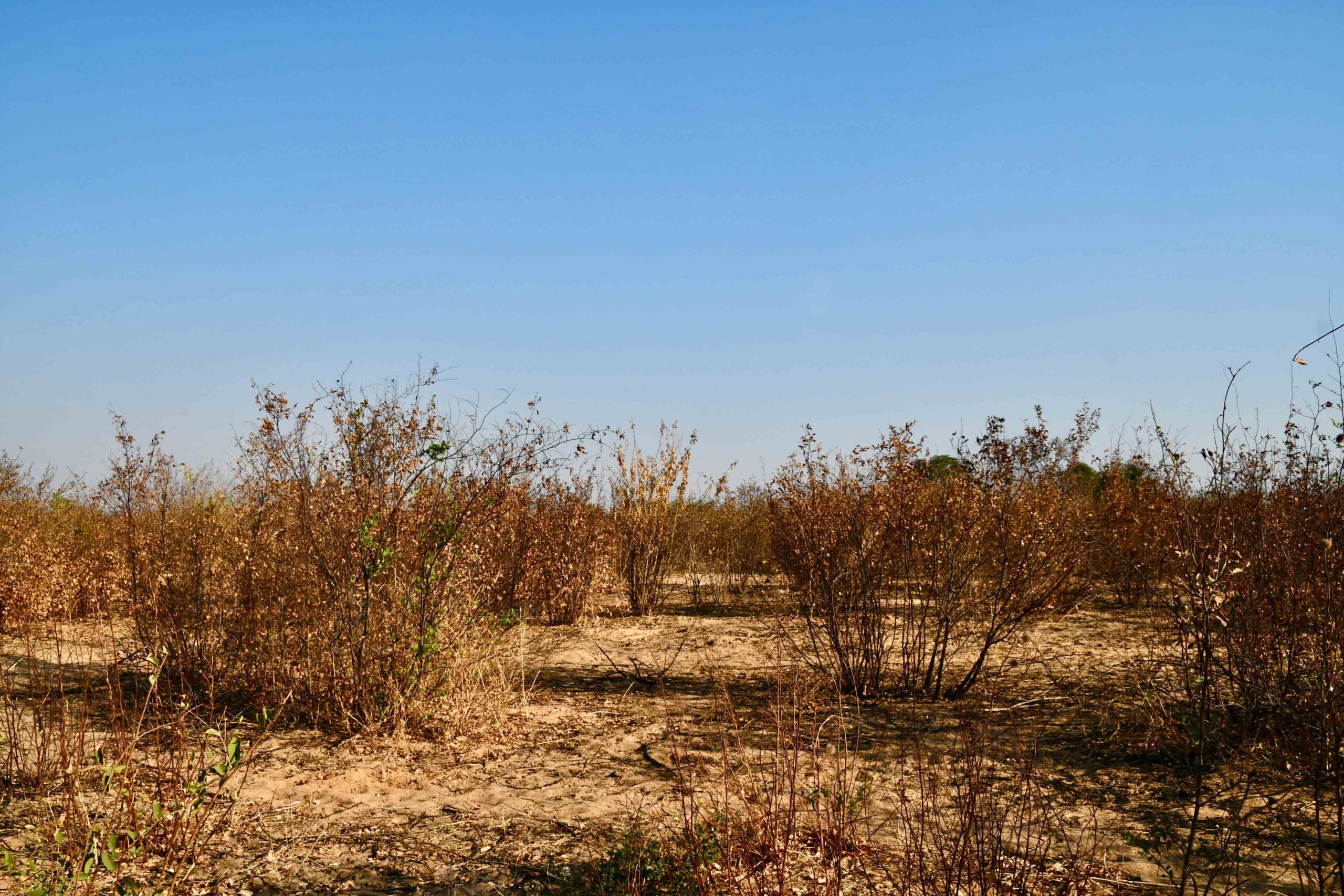By Arvid van Dam (Project B02), Wisse van Engelen (ERC Rewilding), Detlef Müller-Mahn (Project C03), Sheila Agha (Project B02), Sandra Junglen (Project B02), Christian Borgemeister (Project B02) and Michael Bollig (Project A04 & ERC Rewilding)
Complexities of multispecies coexistence: Animal diseases and diverging modes of ordering at the wildlife–livestock interface in Southern Africa
Abstract
The transmission of diseases between wildlife and livestock poses a major challenge to both conservation and livestock sectors in Southern Africa. Focusing on the cases of foot and mouth disease and trypanosomiasis in the Kavango–Zambezi Transfrontier Conservation Area, this article explores the complexity of coexistence between humans, livestock, wildlife, vectors and pathogens. Multispecies coexistence, we suggest, is best understood not only through the relations between species, but also as characterized by a collision of modes of ordering. Drawing on expert interviews and a discourse analysis of policy documents and reports, we identify three modes of ordering coexistence: a categorical and increasingly disfavoured mode of species eradication, a territorial mode focused on containment and separation, and an infrastructural mode premised on connectivity between populations, landscapes and ecosystems. Together, these different modes of ordering pose a challenge to scientific knowledge production; where uncertainties present themselves not so much in the form of ignorance or knowledge gaps, but rather in the form of ambiguity: of knowing diseases and species differently. In this view, living with pathogens becomes a matter of recognizing the partiality of knowledge and the positionality of knowledge producers and users, as well as highlighting potential sites of alignment.
Van Dam, A., van Engelen, W., Müller-Mahn, D., Agha, S., Junglen, S., Borgemeister, C., & Bollig, M. (2023). Complexities of multispecies coexistence: Animal diseases and diverging modes of ordering at the wildlife–livestock interface in Southern Africa. Environment and Planning E: Nature and Space, 0(0). DOI. Full Text

